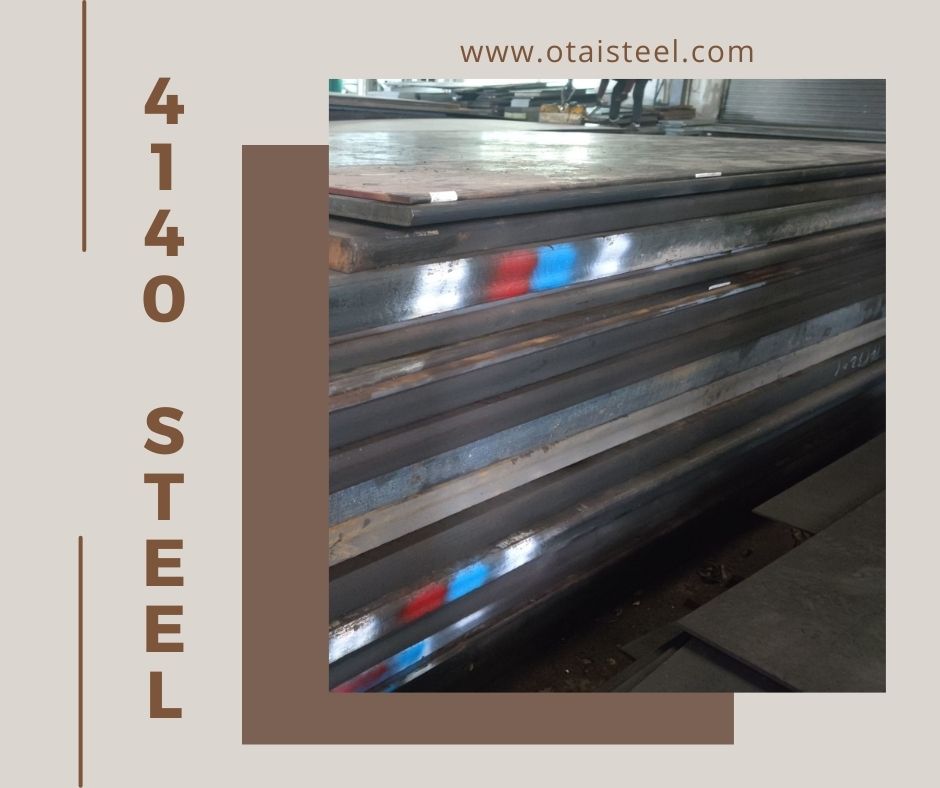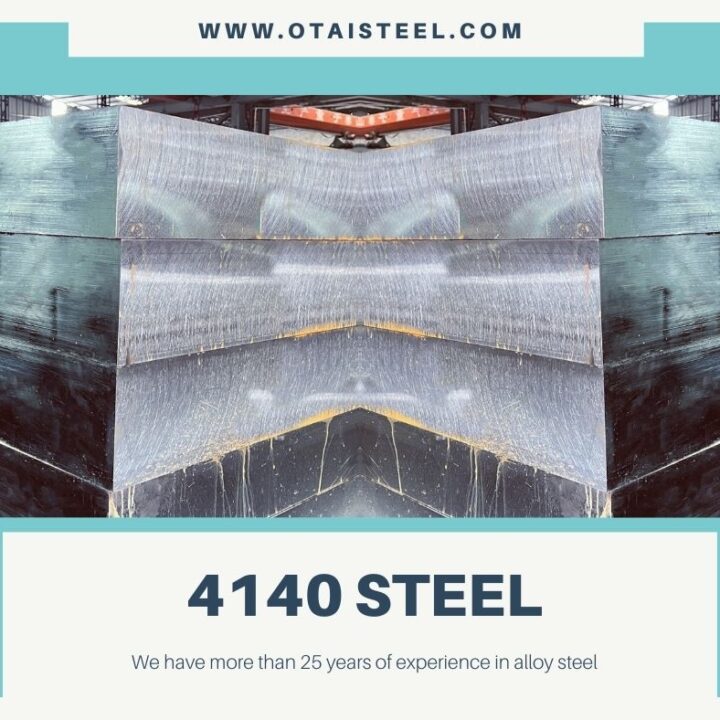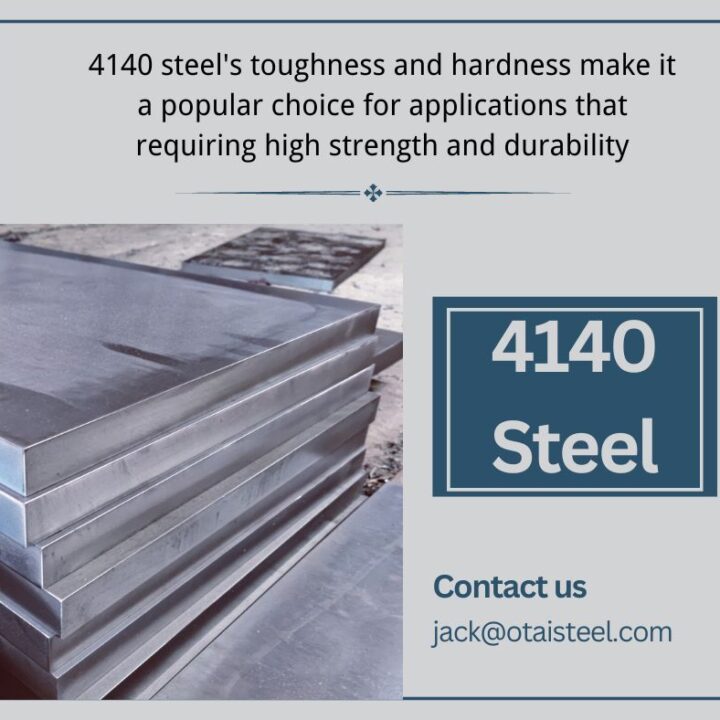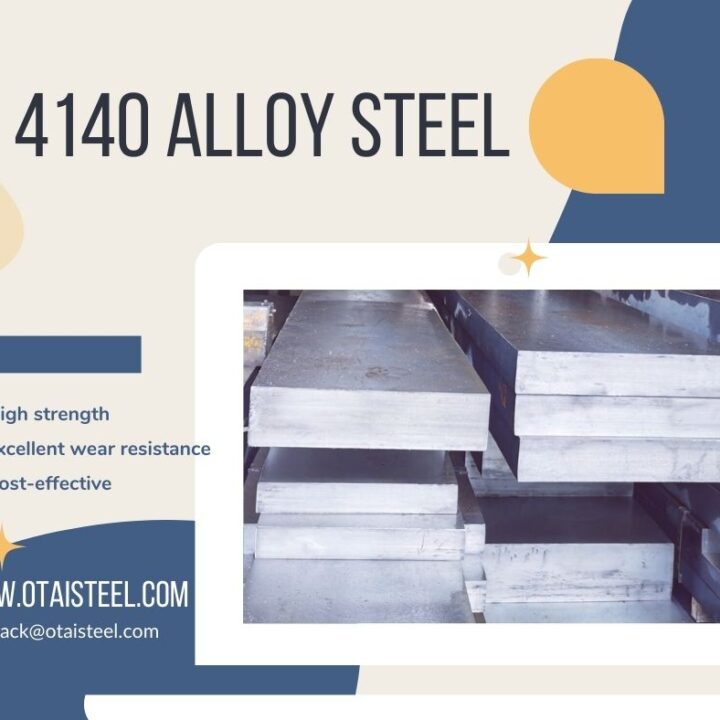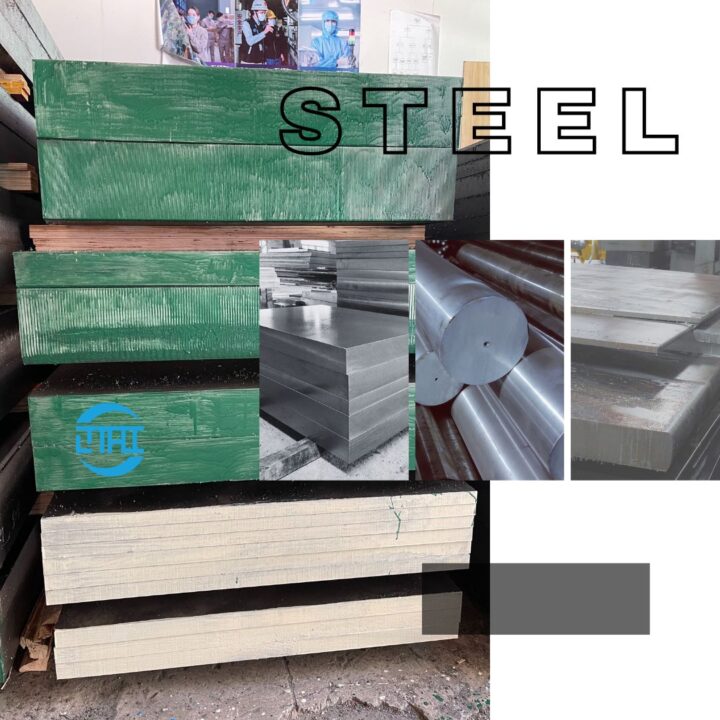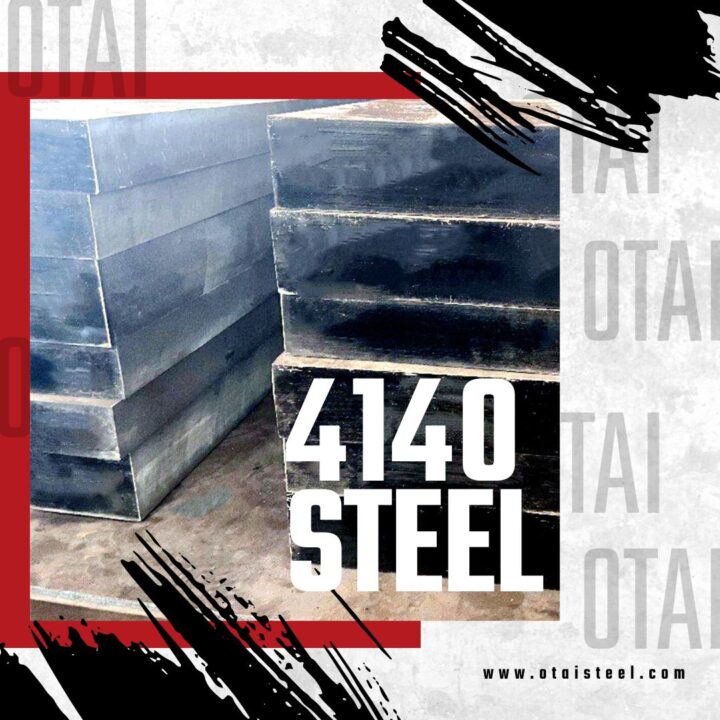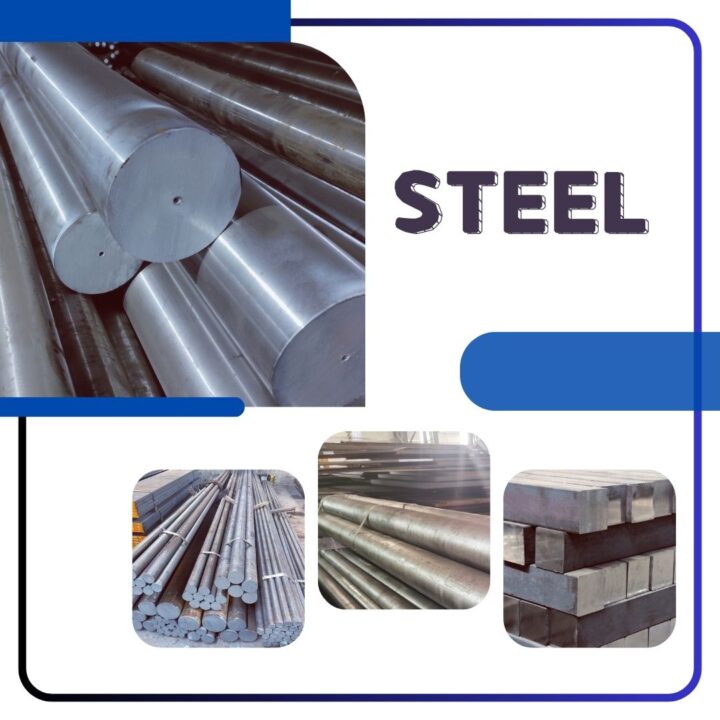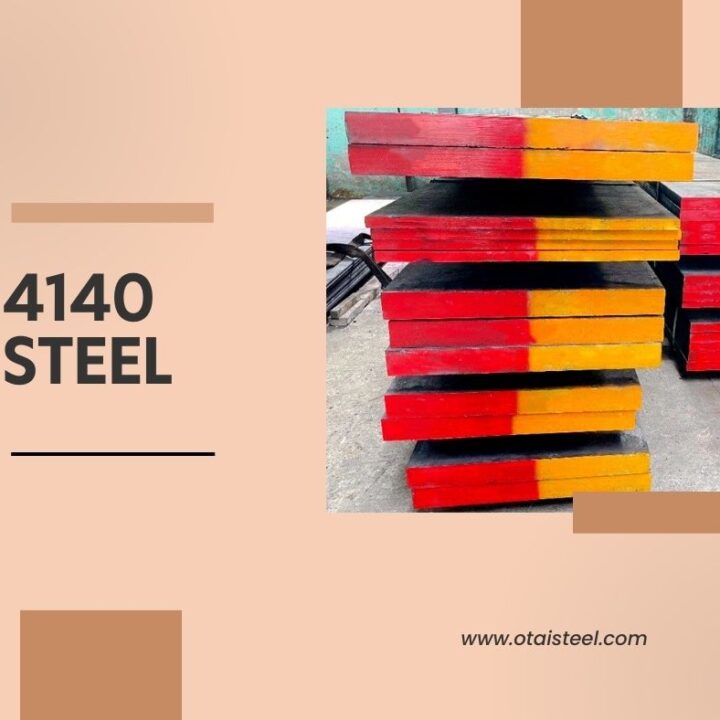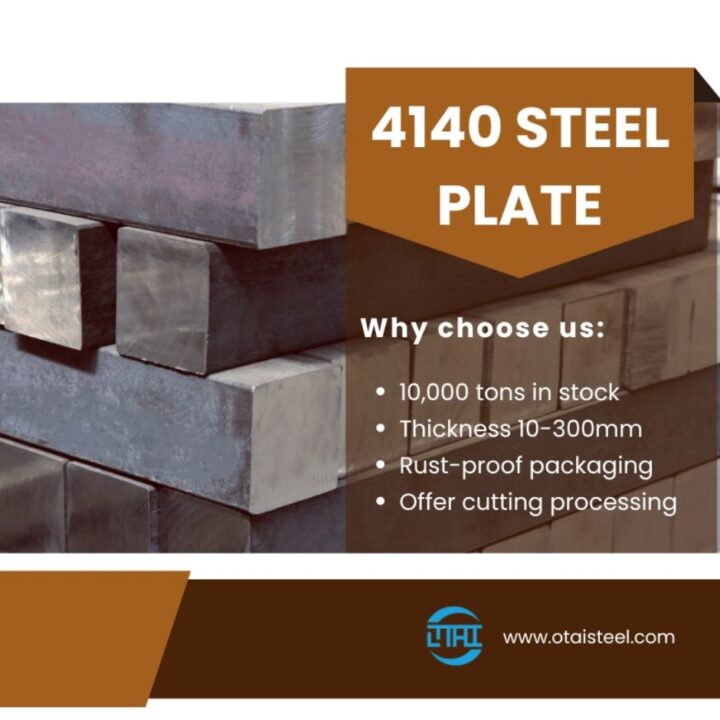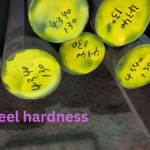When it comes to selecting the right steel for your project, the decision can be pivotal. In this comparison, we’ll delve deep into the properties, strengths, and optimal use cases for two popular steel alloys: 8620 vs 4140 steel. By the end of this article, you’ll have a better understanding of which steel is the right fit for your specific needs.
Chemical Composition
8620 Steel:
- Carbon (C): 0.18-0.23%
- Manganese (Mn): 0.70-0.90%
- Silicon (Si): 0.15-0.35%
- Nickel (Ni): 0.40-0.70%
- Chromium (Cr): 0.40-0.60%
- Molybdenum (Mo): 0.15-0.25%
4140 Steel:
- Carbon (C): 0.40%
- Manganese (Mn): 0.75-1.00%
- Silicon (Si): 0.15-0.35%
- Chromium (Cr): 0.80-1.10%
- Molybdenum (Mo): 0.15-0.25%
Hardness
Hardness is a key factor when selecting a steel alloy for your project.
- 8620 Steel: Typically has a lower hardness compared to 4140 steel.
- 4140 Steel: Known for its higher hardness, making it suitable for applications where greater strength and wear resistance are required.
Strength and Toughness
The strength and toughness of a steel alloy are vital considerations, especially in demanding applications.
- 8620 Steel: While not as strong as 4140, it exhibits good toughness, which is important for applications requiring impact resistance.
- 4140 Steel: Offers high tensile strength and excellent toughness. It’s often chosen for heavy-load applications due to its robust properties.
Heat Treatment
Both 8620 and 4140 steel can be modified through heat treatment to enhance their properties.
Applications
The choice between 8620 and 4140 steel depends on the specific needs of your project. Here are some typical applications for each:
8620 Steel Applications:
- Gears and gear shafts
- Aircraft components
- Automotive parts
- Oil and gas industry components
4140 Steel Applications:
- Axles
- Crankshafts
- Bolts and fasteners
- Machine parts
- Gears and gear shafts
- Oil and gas industry components
Weldability
Weldability is an essential factor to consider, especially when joining different parts in your project.
- 8620 Steel: Generally possesses good weldability.
- 4140 Steel: May present challenges during welding due to its higher carbon content. Special precautions and techniques are often needed.
Machinability
Machinability is crucial in many manufacturing processes. Here’s how 8620 and 4140 steel compare:
- 8620 Steel: Offers good machinability, which makes it a preferred choice for applications where precision machining is required.
- 4140 Steel: While still machinable, it’s not as readily so as 8620. Care must be taken to achieve desired results.
Cost
Cost can be a significant factor when choosing the right steel for your project.
- 8620 Steel: Typically more affordable compared to 4140. This can be an important consideration in cost-sensitive projects.
- 4140 Steel: Often comes at a higher cost due to its superior strength and toughness.
8620 vs 4140 steel each have their unique characteristics and applications. The choice between them should be based on the specific requirements of your project. If you prioritize affordability, good weldability, and moderate strength, 8620 steel might be the right choice. On the other hand, if you need high tensile strength, excellent toughness, and are willing to invest in a more expensive material, 4140 steel is the way to go.
Selecting the right steel for your project is pivotal, and understanding the differences between these two alloys is crucial for success.
